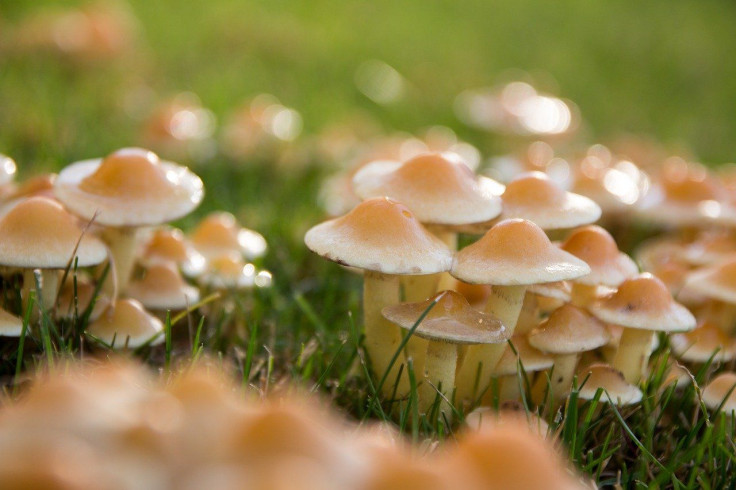Magic Mushrooms Treatment Effective Against Depression, New Study Says
KEY POINTS
- Two doses of psilocybin yielded quick antidepressant results in the participants
- The effects of psilocybin reportedly lasted longer compared to other antidepressant treatments
- The study comes just days after Oregon became the first state to legalize magic mushroom therapy
Magic mushrooms may be quite effective as a treatment for depression, a new study shows.
Magic mushrooms are known for their hallucinogenic effects but there has also been evidence that its key ingredient, psilocybin, can help treat conditions such as major depressive disorder (MDD).
For the study, published in JAMA Psychology, a team of researchers from the Center for Psychedelic and Consciousness Research at Johns Hopkins Bayview Medical Center conducted an experiment to test the effectiveness of magic mushrooms as a therapy for MDD.
"Major depressive disorder (MDD) is a substantial public health burden, but current treatments have limited effectiveness and adherence," the researchers wrote. "Recent evidence suggests that 1 or 2 administrations of psilocybin with psychological support produces antidepressant effects in patients with cancer and in those with treatment-resistant depression."
There were 24 participants between the ages of 21 and 75, all of whom were diagnosed with MDD and were not taking any antidepressant medications at the time of the study. None of them had a history of psychotic disorders, hospitalization or suicide attempts.
The participants were divided into two groups, the 13 in the first group were treated immediately while the remaining 11 were on a waitlist and were treated eight weeks later.
The treatment period, which lasted for weeks, included two five-hour sessions where the participants were given psilocybin in 20-milligram and 30-milligram dosages.
"To enhance inward reflection, music was played, and participants were instructed to wear eyeshades and headphones," the researchers wrote.
The participants also received about 11 hours of psychotherapy. They were assessed using the GRID-Hamilton Depression Rating Scale.
"For the entire group of 24 participants, 67% showed a more than 50% reduction in depression symptoms at the one-week follow-up and 71% at the four-week follow-up," the Johns Hopkins Medicine news release on the study reported. "Overall, four weeks post-treatment, 54% of participants were considered in remission – meaning they no longer qualified as being depressed."
Our study in @JAMAPsych shows #psilocybin-assisted therapy reduced #depression symptoms in people with moderate-severe depression. 1 month later, 71% had a clinically significant response & 54% no longer met criteria for depression https://t.co/7hDkt5WIDN pic.twitter.com/ewGRDNbrII
— Johns Hopkins Psychedelic Research Center (@JHPsychedelics) November 4, 2020
"Overall, suicidal ideation was low and trended lower after enrollment in both groups," the researchers wrote.
Compared to the group on the waiting list, the immediate treatment group showed better results.
"There was a significant reduction in depression in the immediate-treatment group compared to those in the waitlist," study lead Alan Davis, Ph.D. of Johns Hopkins University School of Medicine told NPR. "The effect happened within one day after the first session and sustained at that reduced level through the second psilocybin session all the way up to the one-month follow-up."
The researchers noted that the antidepressant effects of psilocybin lasted longer compared to ketamine, another drug approved for depression. According to the researchers, the antidepressant effect of ketamine lasted from up to two weeks while psilocybin's effect lasted for "at least four weeks."
Psilocybin also has a "low potential for addiction" and "minimal adverse event profile," the researchers said.
"The effectiveness of psilocybin therapy after a single or only a few administrations represents another substantial advantage over commonly used antidepressants that require daily administration," they wrote.
The researchers emphasize the need for further studies, perhaps on a bigger population with a placebo control group. They are planning to monitor the participants for a year to determine how long the effects of the psilocybin treatment last.
Cultivation of psilocybin is banned under federal law. But earlier this week, Oregon became the first state to legalize magic mushroom therapy, allowing trained facilitators to administer psilocybin.

© Copyright IBTimes 2024. All rights reserved.






















